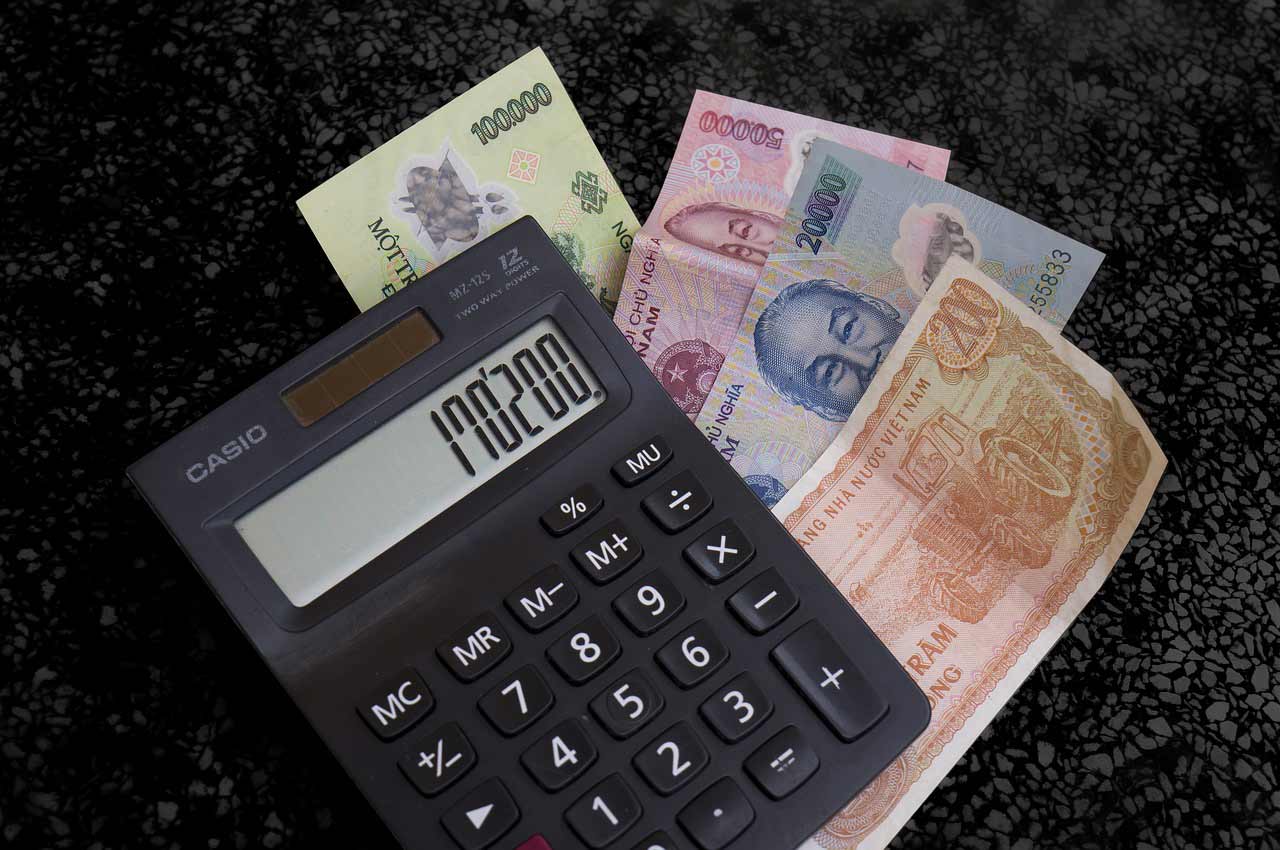Differences in recognition of IFRS and VAS for each accounting account (to the accounting department / chief accountant)
Although there are policies aimed at introducing IFRS into the Vietnam Accounting Standards (VAS) in 2025, there remains a big difference in the perception of IFRS and VAS. This time, I would like to tell the accounting department and chief account about the difference in accounting "recognition" between IFRS and VAS.
Recognition of IFRS and VAS accounts
Goodwill
At VAS, goodwill is amortized over its estimated useful life within 10 years of acquisition and is not subject to an annual impairment assessment.
Impairment assessment of property, plant and equipment
In IFRS accountingTangible fixed assetsRecognized as (PPE: Property, Plant and Equipment), there are rules for asset valuation.
VAS does not allow PPE impairment write-downs.
Intangible fixed assets
VAS recognizes the direct deduction method (direct method), which is amortized over a useful life of up to 20 years and deducts the accumulated depreciation. Revaluation of amortized costs is not allowed. ..
Inventory
Although VAS allows last-in, first-out and averaging as inventory valuation methods, it recommends changing to first-in, first-out or weighted averaging to comply with IFRS.
Cash flow
Under IFRS, interest expense and dividend income are classified as cash flows from operating activities. Dividend payments are classified as cash flows from financing activities.
However, VAS does not have detailed regulations, and at present, companies are more flexible in processing dividends, interest, etc.
Financial products
Under IFRS, financial instruments introduce the concept of "fair value valuation" and must be valuated on a regular basis. We also need to explain the risks deriving from financial products. The acquisition cost method is applied in the VAS.
| IFRS | VAS | |
|---|---|---|
| Goodwill | Impairment test every year | Periodic depreciation within 10 years |
| Impairment assessment | Impairment test every year | none |
| Inventory | First in first out Mean method | First-in first-out recommended |
| Cash flow | strict | flexible |
| Financial products | Fair value | Acquisition cost |
⇒ Differences between VAS and IFRS: Characteristics of Vietnamese accounting standards

Residential land and building trader. After working at the largest Japanese accounting office in Hong Kong, he was founded independently in Vietnam.
In Ho Chi Minh City, together with fellow Vietnamese accountants, we provide real estate, accounting, taxation, auditing, and one-stop services to foreign-affiliated companies including Japanese companies.












